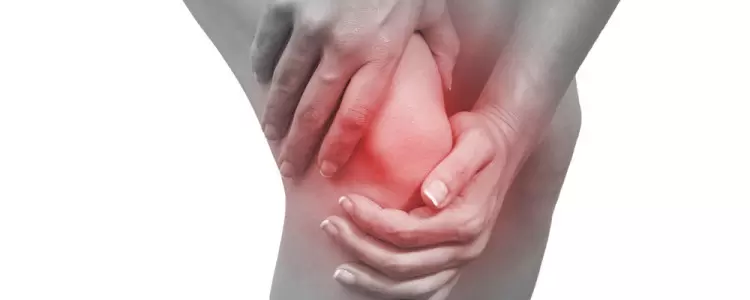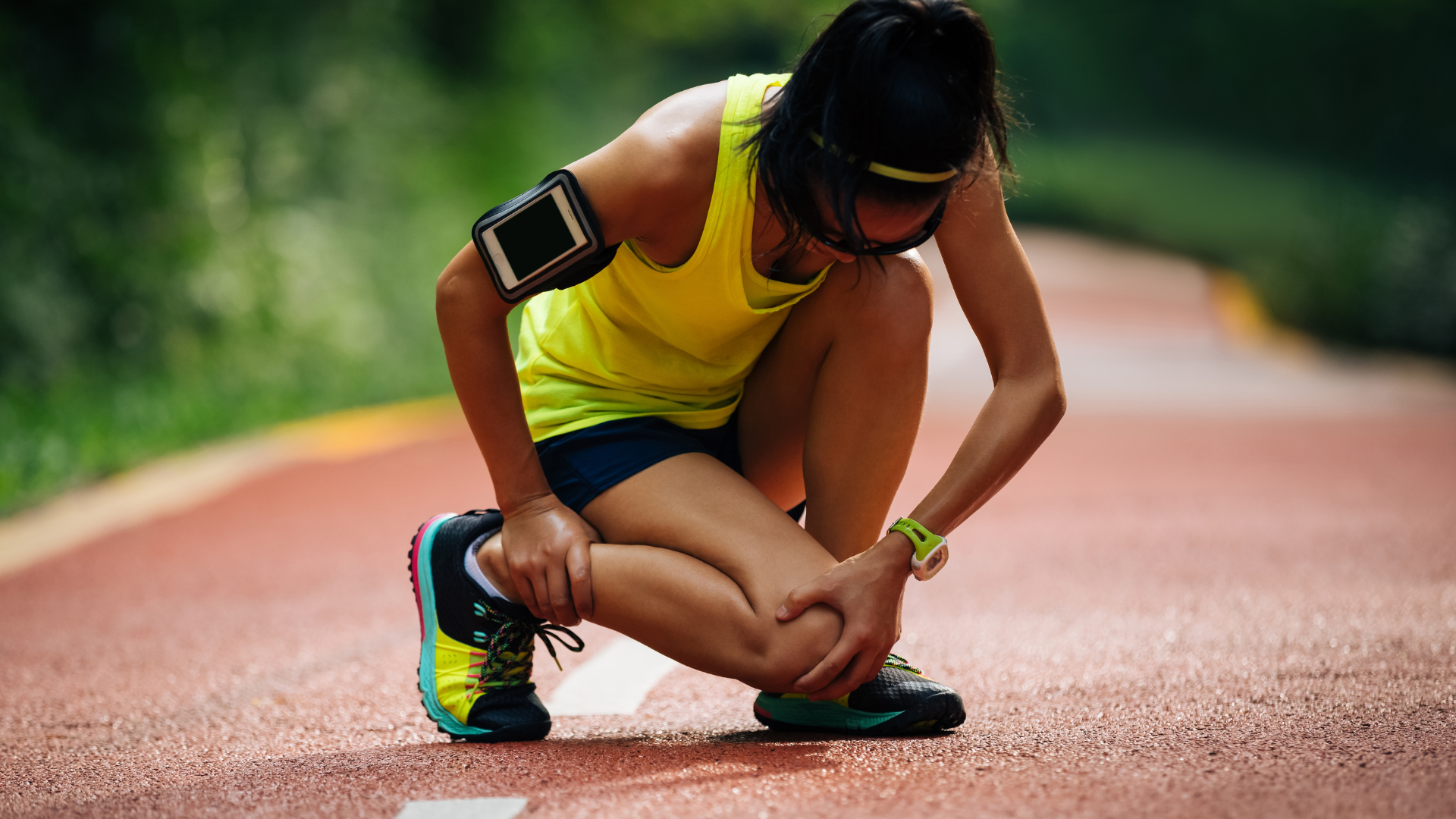Have you ever experienced pain in your knees and wondered about the reasons behind it? Although it is usually experienced in runners and athletes due to overworked ligaments and cartilage tears, the knee is an incredibly complex joint with varying factors that could cause pain.
Let’s challenge the top 5 myths of knee pain!
X-ray shows ‘wear and tear’ in my knee. This is the reason I have knee pain.
‘Wear and tear’ is just one of many factors causing knee pain. Failure to identify and address other causes avoids the root of the problem, resulting in a poor outcome in your treatment.
Occupation/Lifestyle
Activities like repetitive kneeling, squatting and increased volume of high impact activities have been associated with increased incidences of knee pain:. Take for example, a domestic helper who kneels to scrub the floor daily, or a sedentary young man who experiences a suddenly surge in knee load when he attempts to train for his Individual Physical Proficiency Test (IPPT) in a month. These are just one of the many examples that demonstrate how we may unknowingly place excessive stress on our knees.
Body Mass Index (BMI)
Being overweight can put excessive strain on one’s knee cartilage. Physiotherapy research has shown that healthy weight loss through diet and exercise can result in a significant reduction in knee pain.
To check if you are within the healthy weight range, calculate your BMI:
BMI = Weight(kg) / Height(metres)2
Interpreting Your BMI:
| BMI | Weight Category | BMI | Weight Category (Asians) |
| Under 18.5 | Underweight | Under 18.5 | Underweight |
| 18.5 – 24.9 | Healthy Weight | 18.5 – 23.9 | Healthy Weight |
| 25 – 29.9 | Overweight | 24 – 26.9 | Overweight |
| 30 or over | Obese | 27 or over | Obese |
Muscle Weakness and Tightness
When your musculoskeletal system is unable to meet the physical demands of your daily activities, the load will be transferred to your joints, resulting in pain. Knee injuries, likewise, will cause muscles to weaken. This is why you may continue to experience knee pain even after you have recovered from your injury. Physiotherapy is very useful in this aspect, as it will help you to improve function and reduce the recurrence of knee pain by avoiding degenerative meniscus tear and osteoarthritis.
Biomechanical Issues
Certain structural differences may put you at an additional physical disadvantage and cause unequal load on the knee joint surface. Some of the more common biomechanical issues include:
- Flat (pronated) or high (supinated) foot arches
- Varus (bowed) or valgus (knocked) knees
Leg length difference

However, do not be alarmed as not everyone with such physical differences will develop knee pain. It is unique to each individual’s lifestyle. A professional assessment by a qualified physiotherapist (and if needed, a Podiatrist) will better determine the underlying cause of knee pain.
I hurt my knee from a fall. I must have damaged something in my knee.
Not every pain in your knee suggests structural damage. Due to this reason, most individuals generally do not require a knee scan, unless your medical history and symptoms lead us to suspect that there is frank injury or that immediate medical attention is required. If you fulfill any of these criteria (after an injury), you may require an x-ray to rule out a fracture:
- Age more than or equal to 55
- Tenderness at the outer side of your lower leg bone below the knee
- Unable to bend the knee past 90 degrees
- Unable to put weight on the affected side for more than 4 steps
Otherwise, a comprehensive physical examination is sufficient to diagnose your knee pain, initiate physiotherapy and commence your path to recovery.
My knee starts to hurt after every exercise session. I should stop all physical activities.
Knee pain is not a sign to stop all physical activity, but to re-analyse the relationship between your body and the physical activities you do so as to find an optimal amount that is therapeutic. If you develop knee pain from progressive training for a marathon, it could be due to the volume of running, your running gait or the lack of physical conditioning to run properly. Avoid jumping to conclusions before the actual reason is identified. Instead, it is often recommended that you first avoid activities that are considered “high-impact” such as climbing stairs, running, jumping and hiking in the early stage of rehabilitation so as to allow the knee to recover. When you begin to feel better, your level of physical activity can gradually increase.
Exercise will cause me to develop early degeneration of my knee joint cartilage.
Individuals with knee pain have often expressed concern that exercise will lead to accelerated knee joint degradation. Studies have often proved otherwise. Exercise, when done correctly and in the right amount, is actually protective of knee degeneration. A trained physiotherapist will be able to assess your physical condition and assist in creating an optimal, safe and individualised exercise plan for your needs.
Since I am undergoing physiotherapy right now, I do not need to take any additional medications for my painful knee condition.
When your doctor prescribes painkillers, you are usually suffering from more than just a mild knee pain condition. Painkillers such as paracetamol or non-steroidal anti-inflammatory drugs (NSAID) are the standard choices that have been shown to be effective for most individuals with knee pain. When your knee pain is moderate to severe, you will be unable to initiate many exercises. This is especially so after surgery as there is post-surgical knee pain. Having pain relief before you initiate physiotherapy is essential for a better outcome, as you will be able to do more therapeutic exercises to improve on your knee function. When you experience less pain, you will be able to get more out of your physiotherapy session.
We hope this guide has been useful for you or any of your loved ones that experience knee pain! When in doubt, always visit your trusted healthcare provider to assess the cause and get further recommendations on how to improve your condition.
Drop us a line if you have other questions related to your knee pain.






